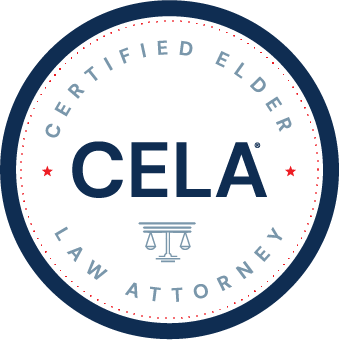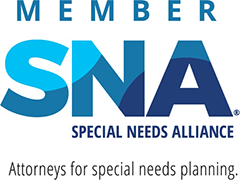Every mentally competent adult has the legal right to refuse unwanted medical treatment. This means you can accept, question, reject or withdraw any medical procedure or treatment offered to you. However, if you become incapacitated and are incapable under the law to make medical decisions for yourself, your family will be required to obtain court approval of any medical decision. This is because the law limits others from making medical decisions for you. Fortunately, you can avert this situation by giving others the authority to make medical decisions for you by using a living will or medical durable power of attorney.
Living Will
A declaration pursuant to a State Medical Treatment Act is called a "Living Will." Although each state law will vary, in general, a living will is a statement which says that if you are terminally ill, you do not want to be kept alive by medical procedures that merely postpone the moment of death.
Any competent adult who is eighteen (18) years of age or older may execute a living will. The living will must be in writing, signed by you, or signed by another person in your presence and at your request. Some states require the living will to be signed in the presence of at least two (2) witnesses who are not your heirs or your treating medical professionals. Other states simply require the living will to be signed in the presence of a notary public. You may revoke the living will at any time, orally or in writing, or by burning, tearing, canceling, or destroying the document.
Again, depending on state law, a living will can be applied only in restricted situations. In general, a living will be effective only if you are in a terminal condition as certified by at least two (2) physicians, and you are not pregnant. Some states will require you to be in a coma for at least seven (7) days. After a limited waiting period and notification of family members, life support procedures can be withheld.
Withholding life support under the Living Will Act does not include withholding pain medication. You may indicate in your living will whether withholding life support includes withholding artificial nourishment. Your attending physician must honor the directive of the living will or relinquish your care to another physician who will.
Living wills do have drawbacks. A living will applies only in situations where death is imminent. It does not apply where death is not imminent and you are unable to communicate your medical decisions.
CPR Directives
Most states have enacted legislation that allows you to execute a CPR (cardiopulmonary resuscitation) directive. A CPR directive is an order by you that CPR not be administered to you by emergency medical service personnel. If you have a CPR directive, it is advisable, but not required, that you wear either an official CPR directive necklace or bracelet to clearly notify emergency medical personnel of your wishes.
Medical Durable Power of Attorney
A Medical Durable Power of Attorney (MDPOA) appoints an agent to speak for you when you cannot speak for yourself about medical treatment decisions. A MDPOA has much wider application than a living will because it does not require that you have a terminal condition. In addition, an MDPOA allows you to set forth your wishes concerning quality of life statements that you wish to be honored. In this regard, you are free to state your wishes regarding the administration of life sustaining procedures, the use of surgery, drugs and other medical procedures. In other words, you can require your agent to follow the directives stated in your MDPOA in making your health care decisions when you are unable to do so.
Conclusion
Generally, health care providers are required to comply first with your wishes, then with the statements in a living will, and finally, your agent's decisions under an MDPOA. Health care providers are protected from liability when following your directives under a living will or the instructions of an agent under an MDPOA.
With the advancement of medical procedures and techniques, it is important that we give guidance to our loved ones about the medical treatment we want for ourselves. The use of a properly drafted living will or MDPOA will go a long way in assisting your family in making critical life decisions.
Call (720) 200-4025 now or email us to find out how our Estate Planning attorneys can help with your Advance Medical Directive/Medical Durable Power of Attorney needs.












